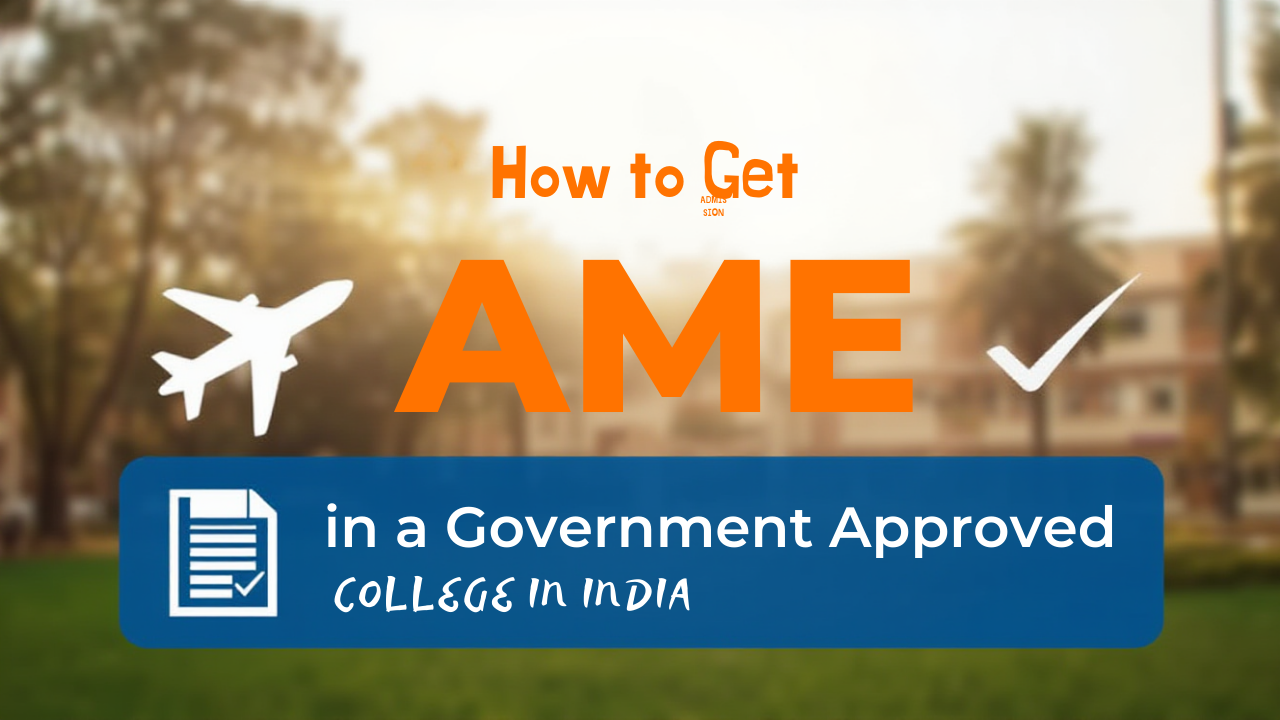
How to Get AME Admission in a Government Approved College in India
- AME
- May 25, 2025
Gaining admission to an Aircraft Maintenance Engineering (AME) program in a government-approved college in India is a pivotal step for aspiring professionals seeking a successful career in aviation. We have developed a comprehensive guide that details the entire admission process, eligibility criteria, and essential strategies to secure a place in these reputed institutions.
In this article, we dissect the admissions journey into actionable steps, emphasizing how candidates can maximize their potential and provide valuable insights for a competitive edge in a highly sought-after field.
Understanding the AME Course and Its Significance
The AME course is designed to equip students with profound technical knowledge, practical skills, and a strong understanding of aviation safety protocols. These programs combine theoretical study with hands-on training, ensuring that graduates can efficiently manage maintenance, troubleshooting, repair, and certification processes for various aircraft systems. Pursuing an AME course in a government-approved college not only bolsters your credibility in the industry but also opens up avenues for employment with prestigious organizations and airlines, both within India and internationally.
Eligibility Criteria for AME Admission
To secure admission into a government-approved AME college in India, candidates typically need to meet specific eligibility criteria that serve as the foundation for a solid academic and professional background. These criteria include:
- Academic Qualifications: Aspirants should have completed their higher secondary education (10+2) with a strong emphasis on science subjects such as Physics, Chemistry, and Mathematics. Many institutions also require candidates to have a minimum percentage or CGPA in these subjects.
- Age Requirements: There are generally age limits for applying to AME courses. Most colleges specify that candidates should be at least 17 years old at the time of enrollment, ensuring that they possess the maturity to handle advanced technical training.
- Medical Fitness: Due to the demanding nature of aviation and the need for physical and mental acuity, candidates may be required to undergo a thorough medical examination to ensure they meet the necessary health standards.
- Entrance Examinations: Several government-approved colleges mandate that candidates appear for an entrance examination. These tests evaluate a candidate’s aptitude in technical subjects, problem-solving skills, and sometimes, basic knowledge in areas related to aviation.
- Additional Requirements: Some institutions might require a demonstration of practical skills through interviews or group discussions, along with specific documentation that verifies your academic and personal credentials.
Meeting these criteria forms the baseline for a successful application in the competitive field of Aircraft Maintenance Engineering.
Steps to Secure Admission in a Government-Approved AME College
1. Research and Select Reputed Institutions
Our first step in the admission process is to conduct thorough research on government-approved colleges offering AME courses. We recommend exploring official college websites, government education portals, and trusted education forums to gather accurate information about course structures, fees, campus facilities, and placement opportunities. Look for institutions that have a proven track record in producing industry-ready professionals. It is equally important to attend college fairs and information sessions where direct interactions with faculty and current students provide valuable insights.
2. Assemble Required Documentation
A meticulously prepared application with all the necessary documentation is critical for a smooth admission process. The typical documents needed include:
Note: No AMECET required.
- Academic Transcripts and Certificates: Original and photocopies of your 10+2 marksheets, passing certificates, and any additional academic qualifications.
- Entrance Exam Scorecards: Official score reports from the entrance examinations.
- Medical Reports: Certificates that validate your medical fitness according to aviation standards.
- Identity and Address Proofs: Government-issued photo identification along with proof of residence.
- Letters of Recommendation: In certain cases, institutions may require recommendations from teachers or professionals in the field to vouch for your academic and technical aptitude.
- Passport Size Photographs: Recent photographs for your admission file, as specified by the institution’s guidelines.
3. Submit Applications and Track Admission Status
After ensuring that all documents are in order and the entrance exam results are ready, candidates should:
- Complete the Application Form Diligently: Fill out the college application form with accurate details and attach the necessary documents.
- Meet the Deadlines: Strict adherence to application deadlines is crucial. Late submissions can lead to disqualification.
- Track the Status: Regularly check the application portal for updates regarding interview calls, document verification, or additional requirements.
Advantages of Choosing a Government-Approved Institution
Choosing a government-approved college for your AME education offers several long-term benefits:
- Credibility and Recognition: Degrees and certifications from government-approved colleges are widely recognized in the aviation industry, both nationally and internationally.
- Structured Curriculum and Quality Training: These institutions provide a well-structured curriculum that blends theoretical foundations with extensive practical training.
- Industry Collaborations: Many government-approved colleges have strong tie-ups with airlines, MRO (Maintenance, Repair, and Overhaul) companies, and aviation regulatory bodies, thereby enhancing career opportunities.
- Cost Efficiency and Scholarship Opportunities: Government colleges often provide more affordable education options, and many offer scholarships and financial aid programs based on merit and need.
Emphasizing Career Growth and Skill Enhancement
1. Internship and On-the-Job Training
An essential element of the AME program is practical exposure. Government-approved AME colleges usually incorporate extensive internship programs and on-the-job training that offer:
- Hands-on Experience: Real-world exposure in maintenance hangars, workshops, and flight operations centers.
- Industry Mentoring: Guidance from seasoned professionals who share insights and techniques that are crucial for career success.
- Network Building: Opportunities to connect with industry leaders, potential employers, and alumni.
2. Continuing Education and Certification Upgrades
The field of aviation is continuously evolving. To maintain high standards of operation, it is important that AME professionals:
- Pursue Advanced Certifications: Enroll in additional courses and workshops that focus on the latest advancements in avionics, composite repairs, and digital diagnostics.
- Engage in Regular Training: Attend seminars, webinars, and refresher courses as mandated by regulatory authorities.
- Commit to Lifelong Learning: Stay updated with industry trends, new regulatory requirements, and innovative technologies that shape modern aviation maintenance.
Leveraging Educational Portals for Success
We believe that every candidate benefits from having access to expert guidance and updated information. This is where platforms like Amecollege.in play a crucial role. Amecollege.in is the premier aviation education portal in India, offering:
- Comprehensive Course Listings: Detailed insights into AME, Commercial Pilot Training, Aeronautical Engineering, and additional aviation-related courses.
- Scholarship Opportunities: Information on the International Air Scholarship Exam, which offers 100% scholarships without hidden fees, making quality education accessible.
- Career Guidance and Placement Support: Assistance in making informed decisions about career paths, college selections, and ongoing professional development.
- Regular Updates on Industry Trends: Reliable and up-to-date resources that keep you informed about new regulations, technological advancements, and career opportunities in aviation.
By leveraging the expertise and resources available on Amecollege, aspiring AME candidates can navigate the admissions process with confidence and clarity, ensuring that they are well-prepared to embark on a successful career in the aviation sector.
Conclusion
In conclusion, gaining admission to an AME program at a government-approved college in India involves a rigorous process that tests your academic, technical, and interpersonal skills. By adhering to eligibility requirements, preparing thoroughly for entrance exams and interviews, and organizing all necessary documentation, you set a solid foundation for your aviation career. Our comprehensive guide emphasizes the importance of strategic preparation, practical exposure, and continuous learning, all of which are essential in turning your passion for aviation into a rewarding professional journey.
We remain committed to providing in-depth, quality insights that help you secure a future in the competitive field of Aircraft Maintenance Engineering. With the increasing demand for skilled aviation professionals, now is the time to invest in your future by choosing reputable institutions, preparing diligently, and leveraging the myriad resources available to you.

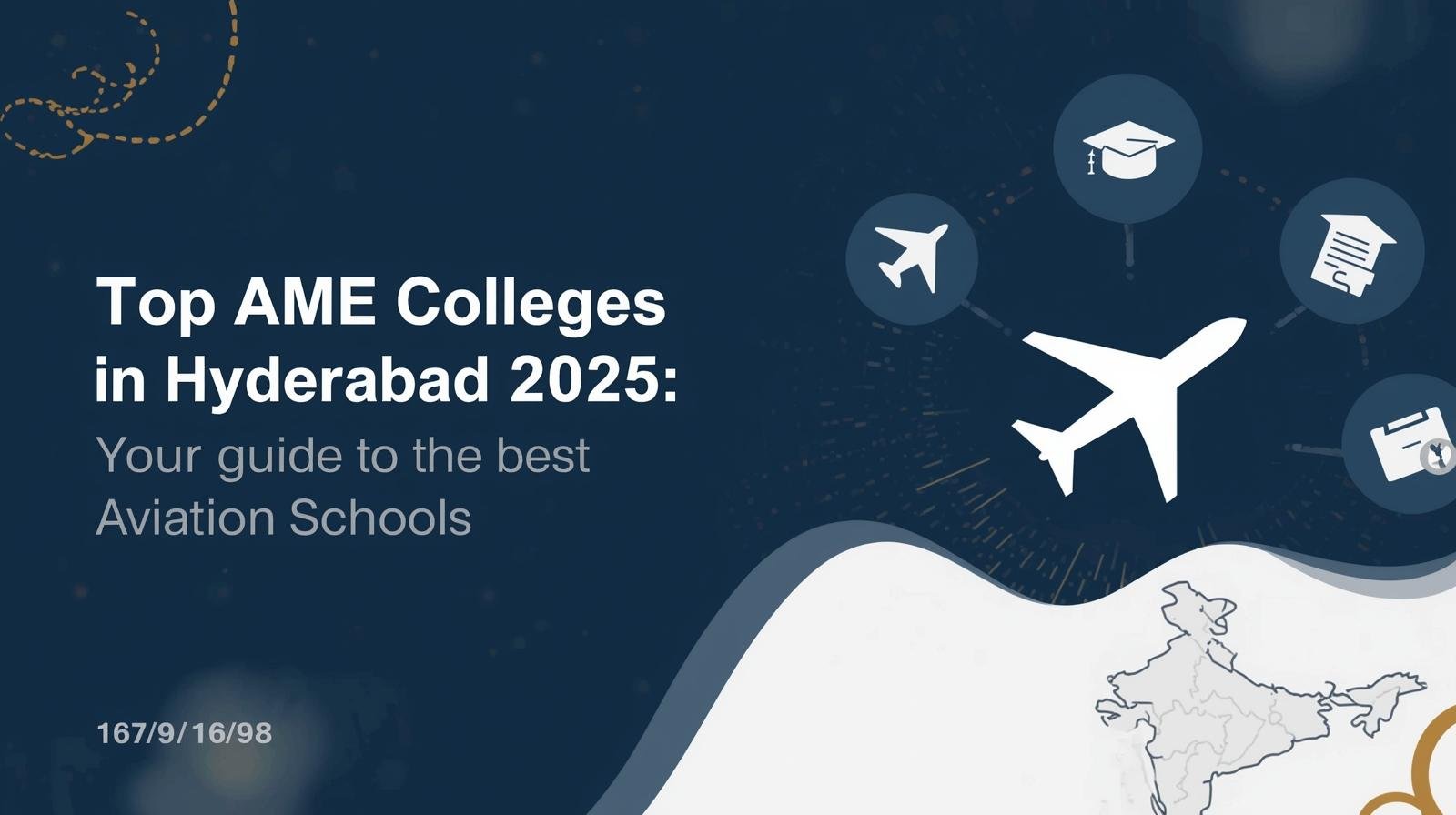
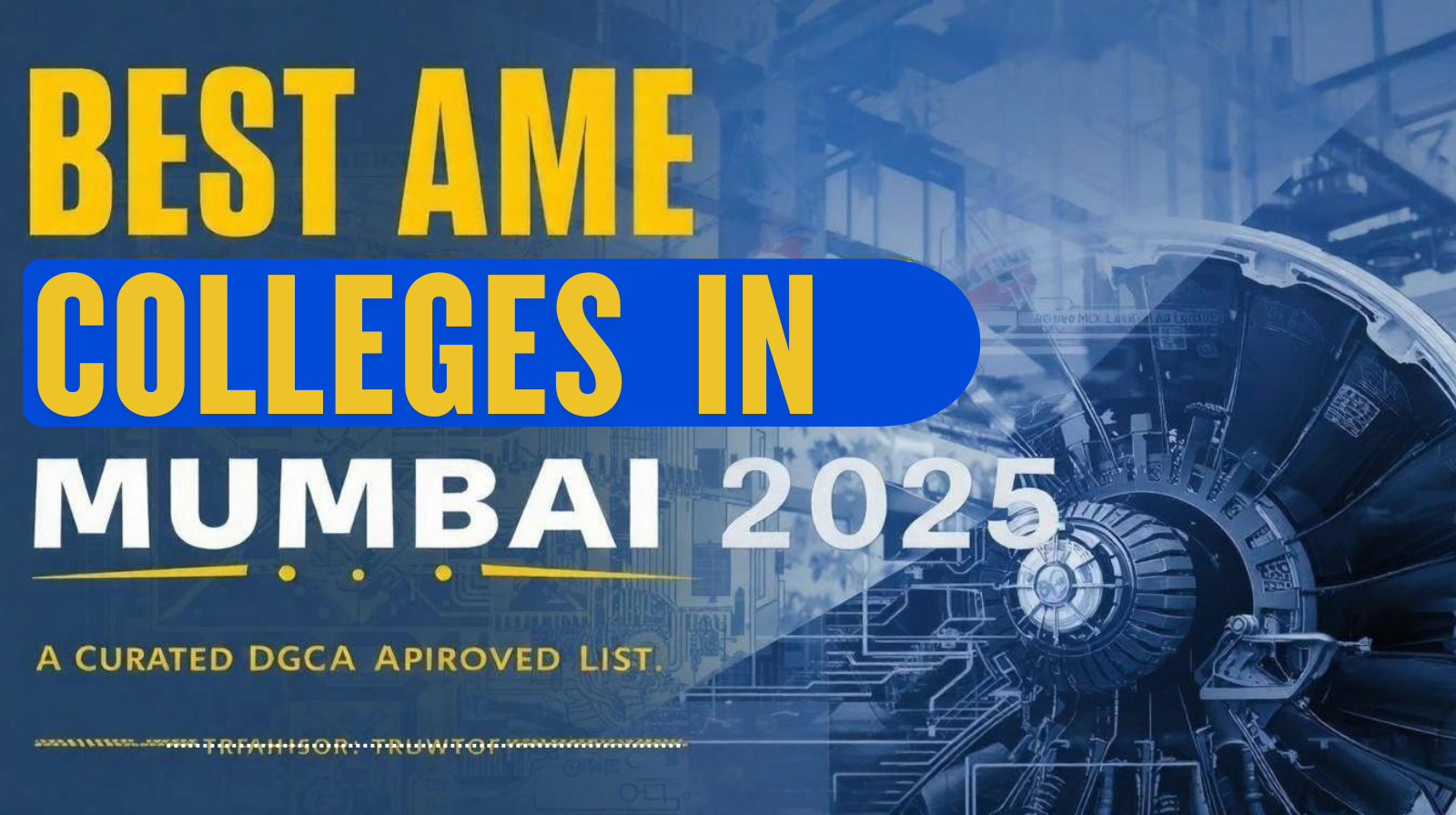
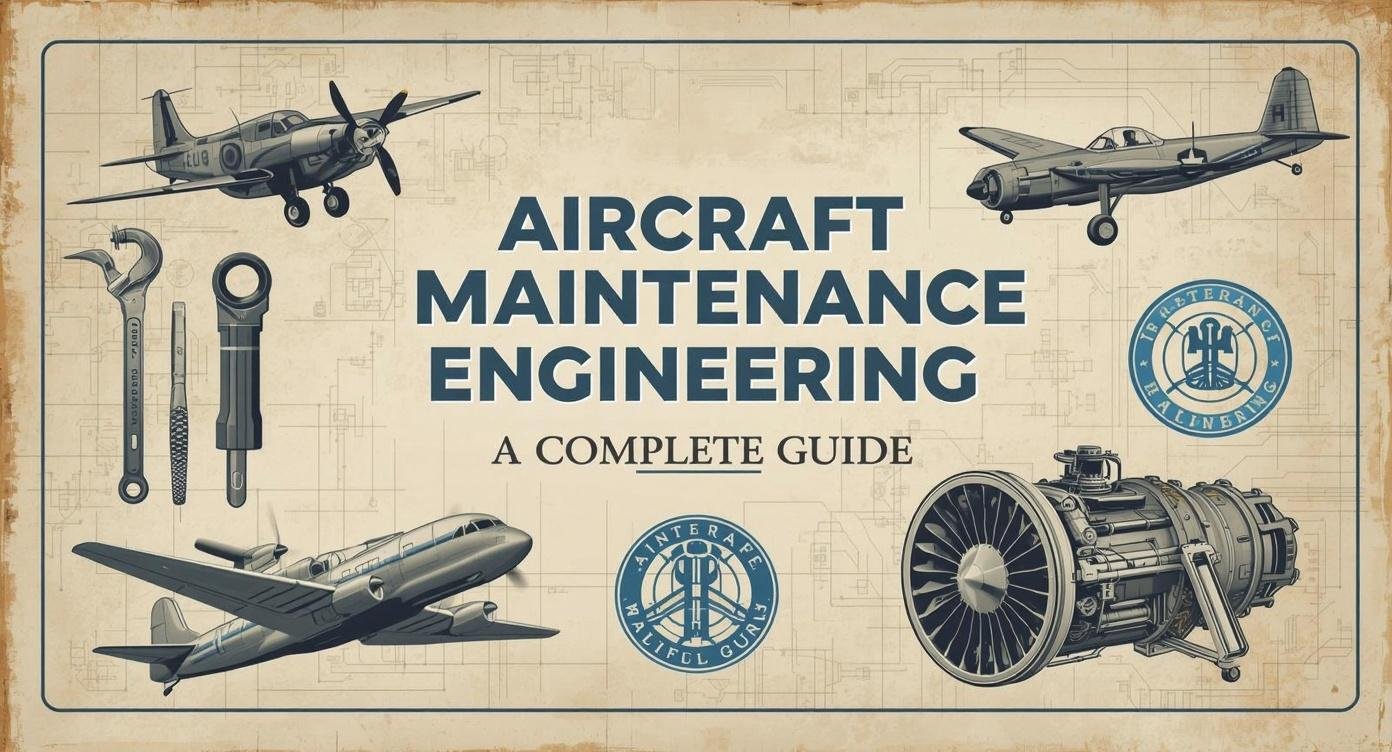
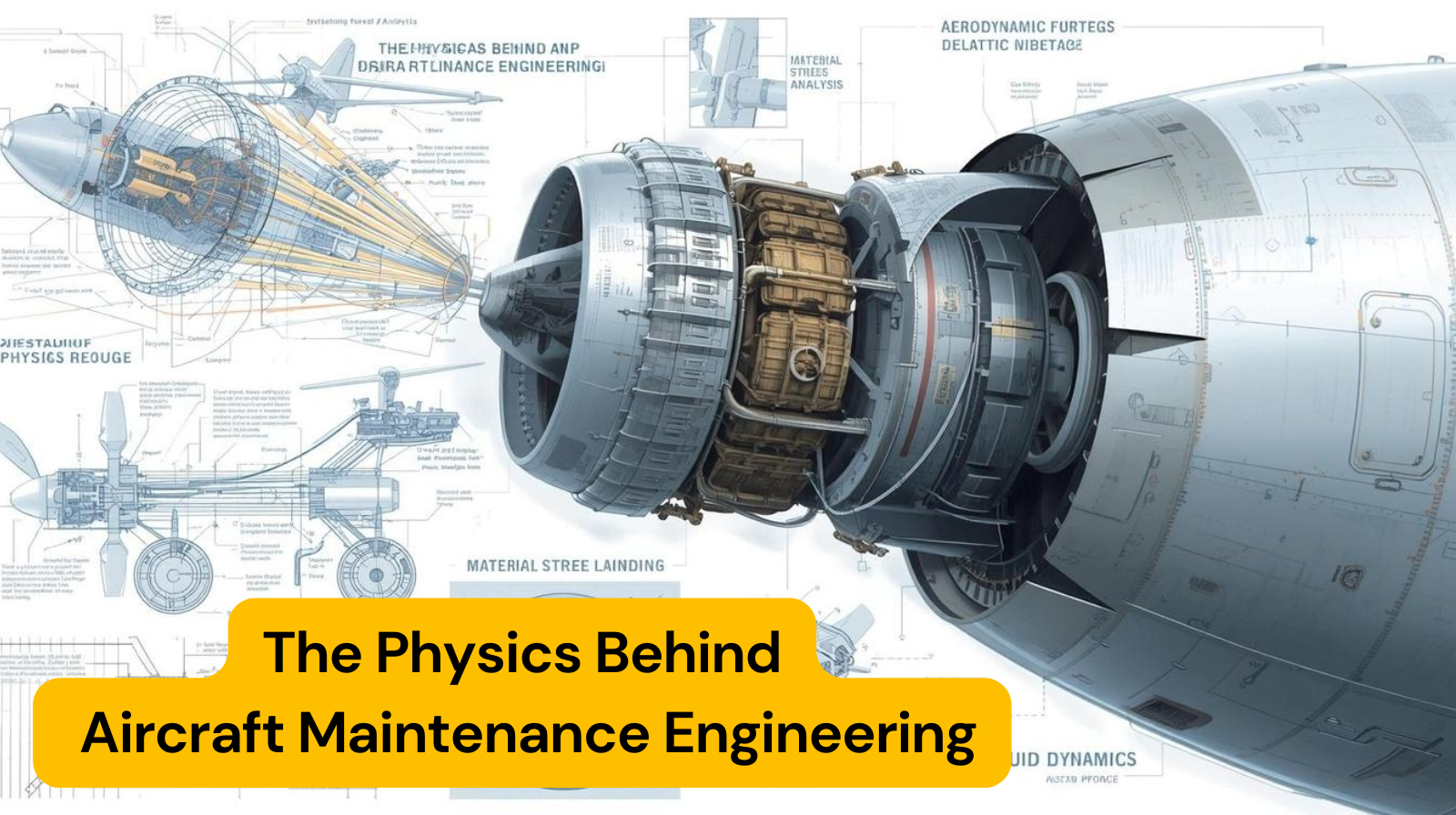



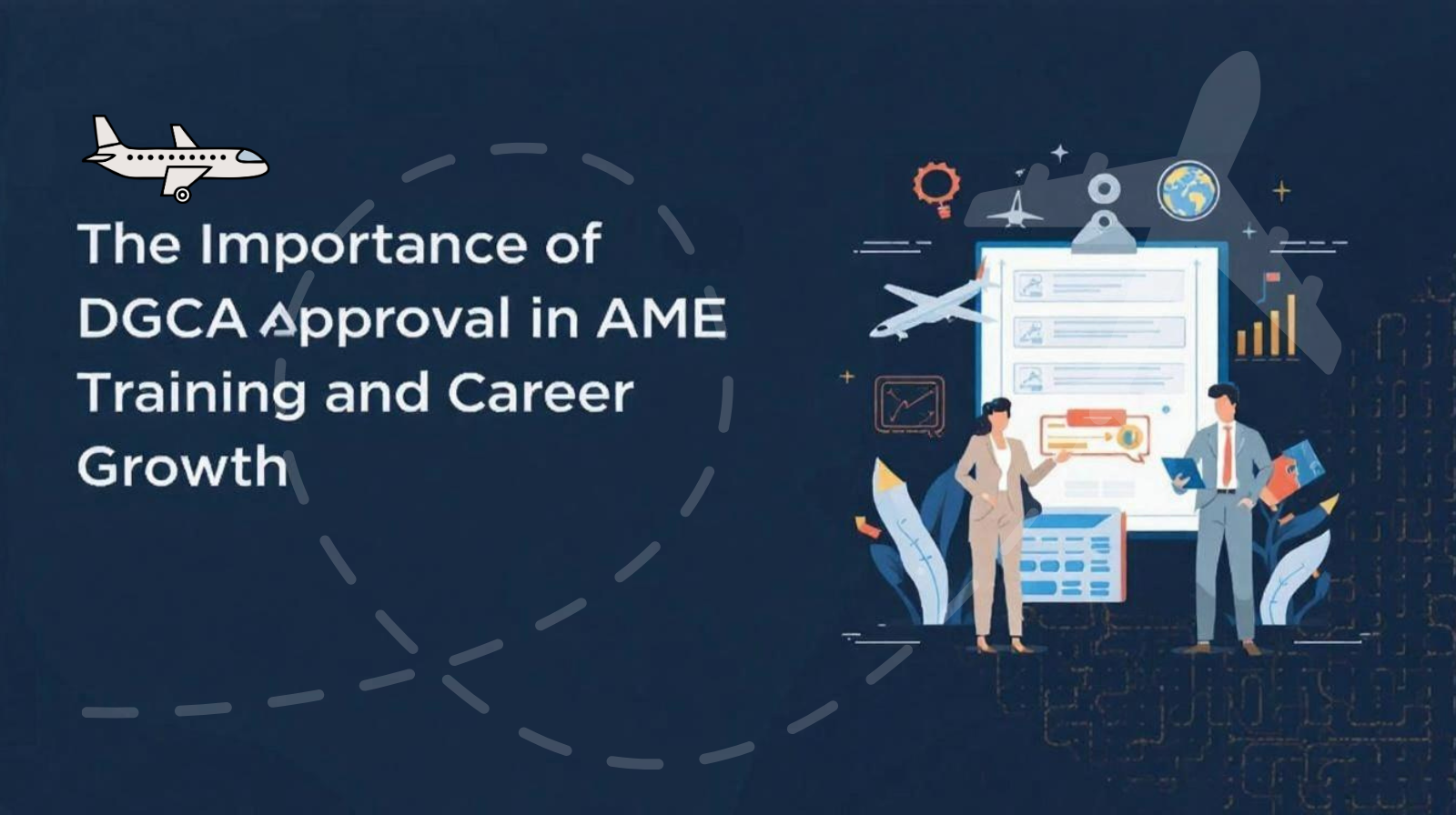
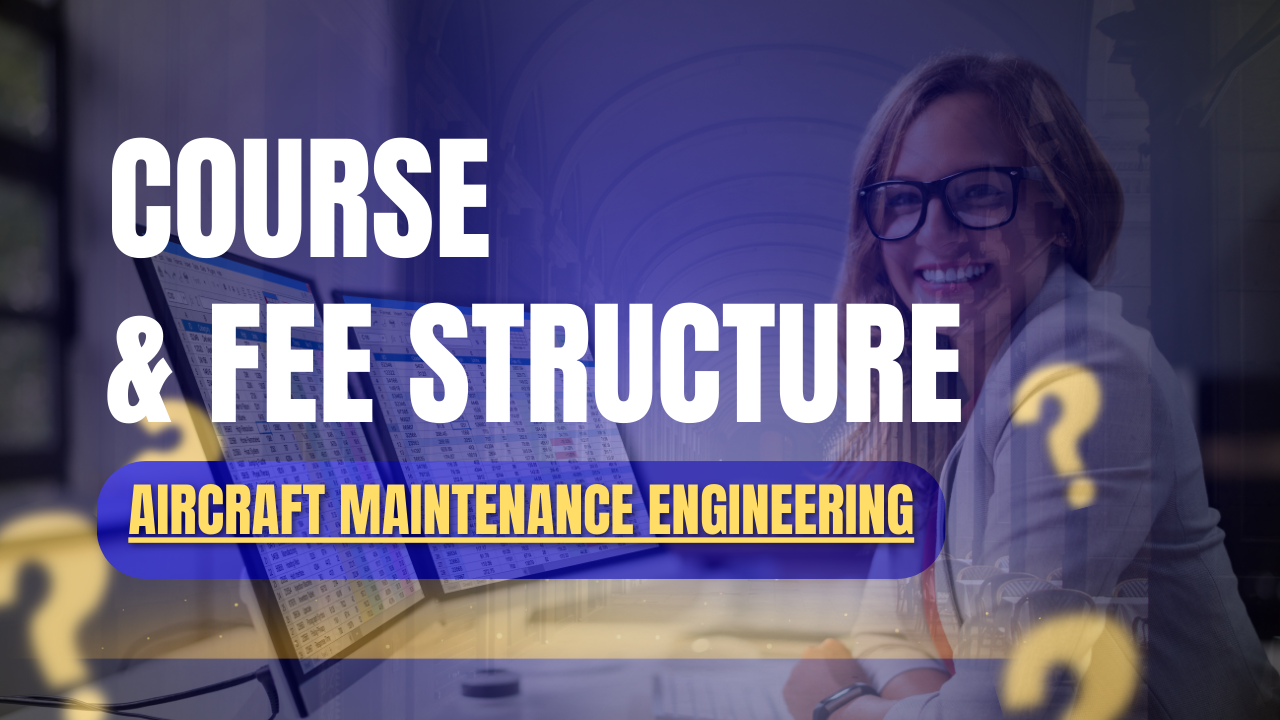

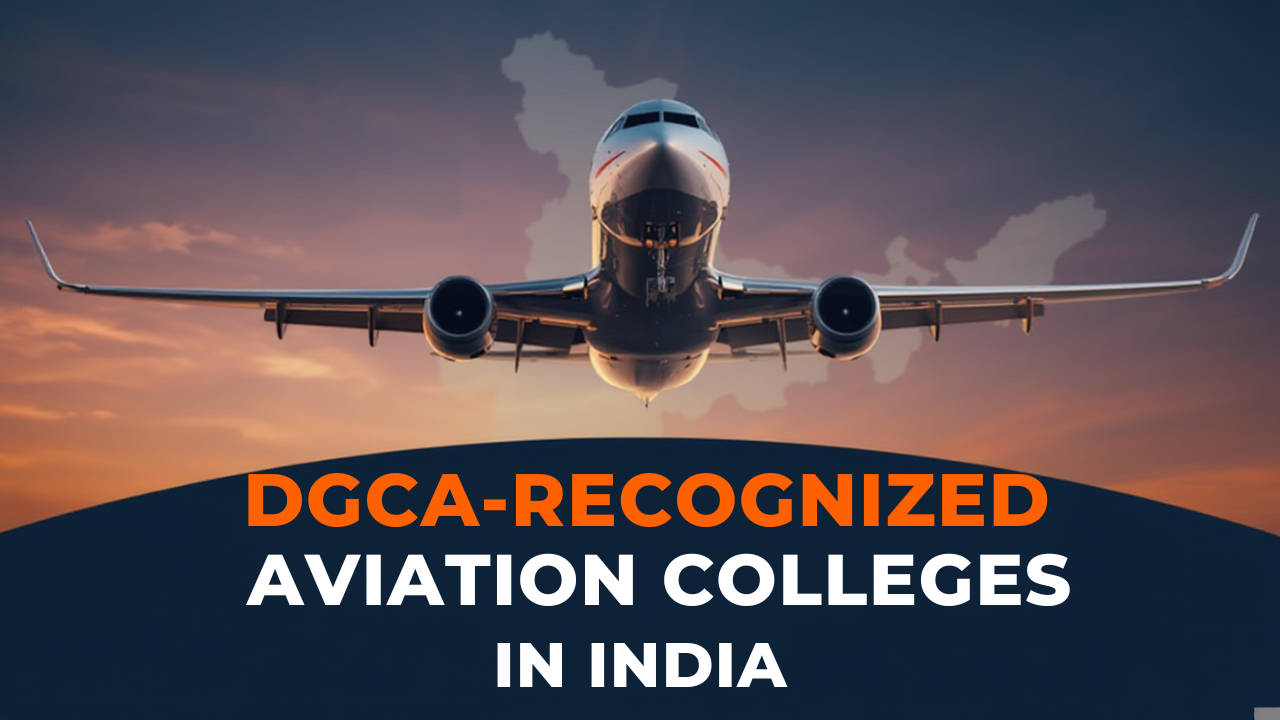


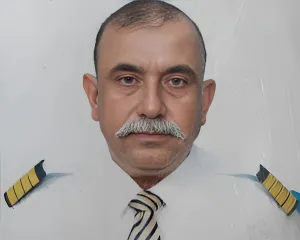



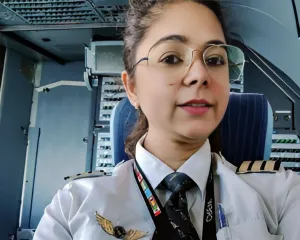


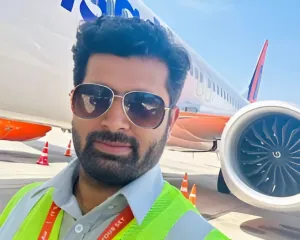
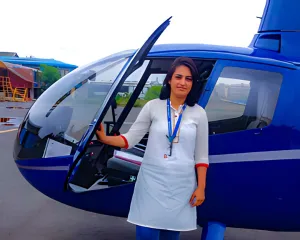


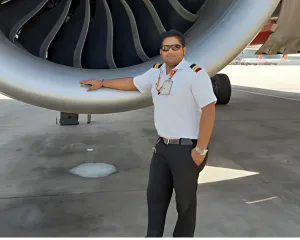



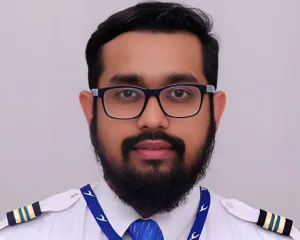
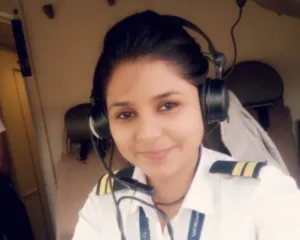






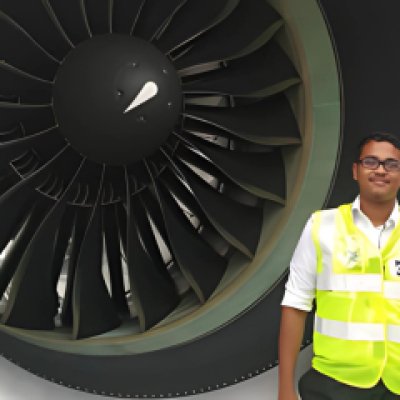

















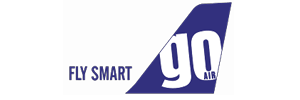






Share This News